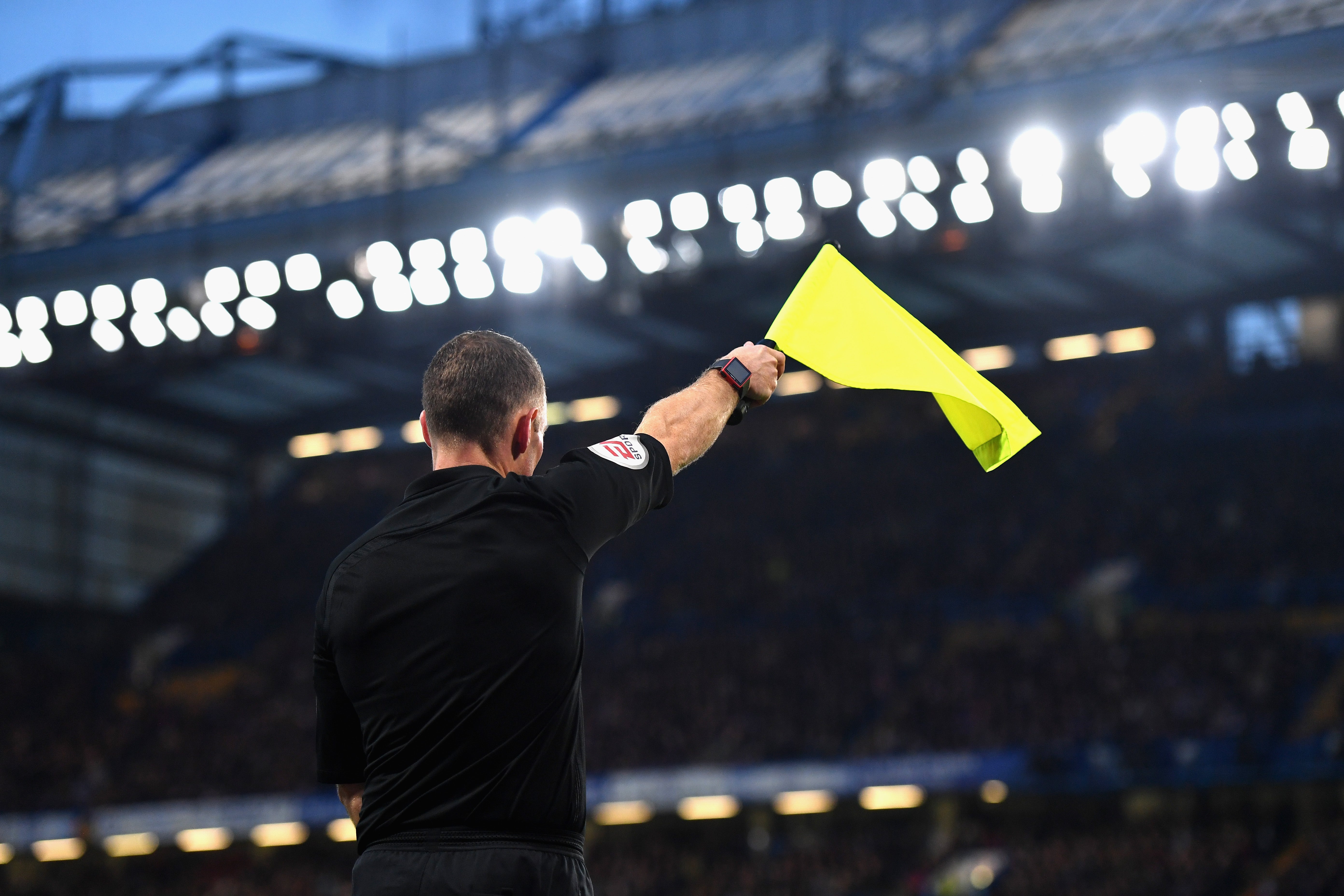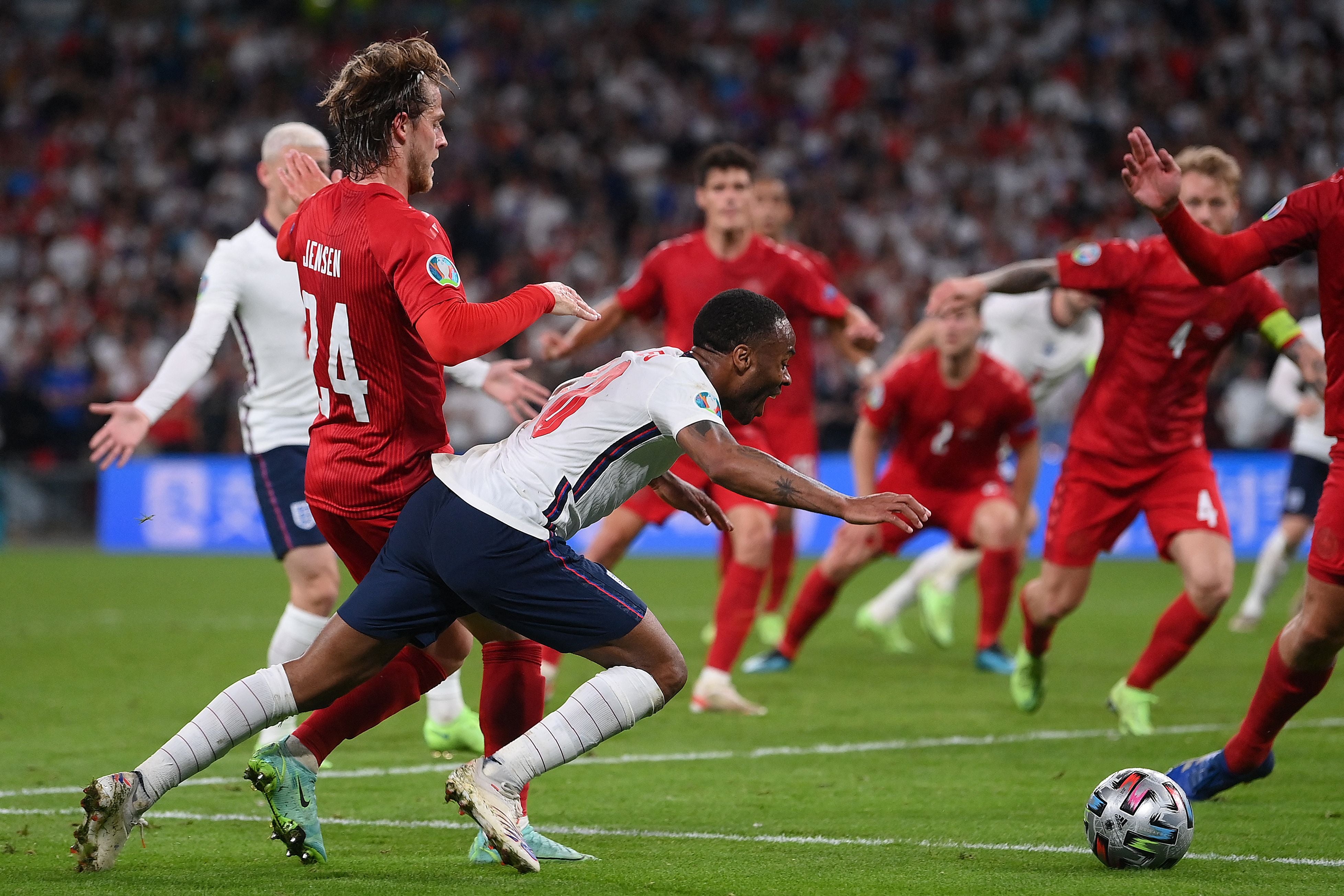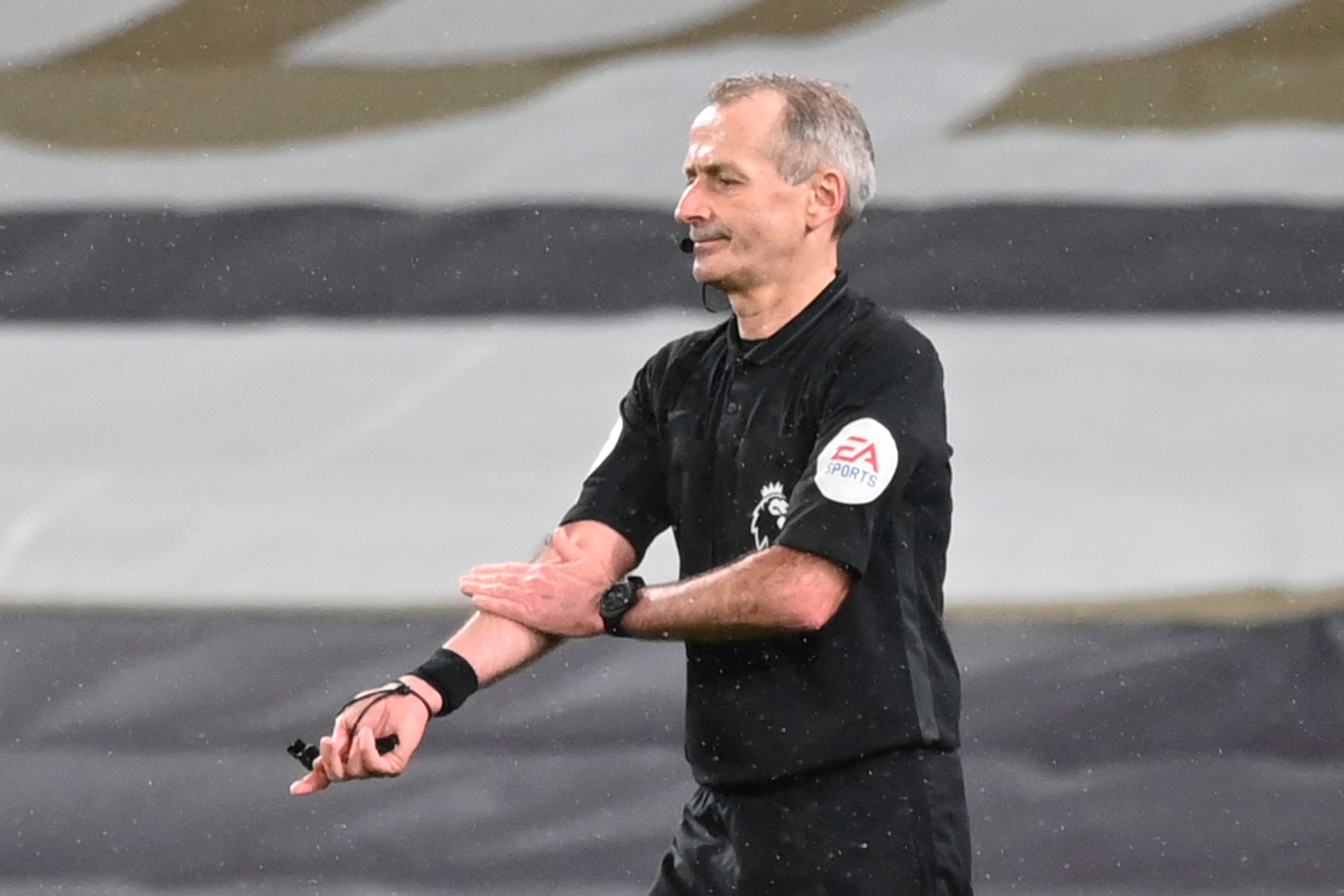Premier League 2021/22: New VAR rules explained ahead of upcoming season
Rules around offside, handball and ‘streetwise’ penalty plays have all been tweaked

Your support helps us to tell the story
From reproductive rights to climate change to Big Tech, The Independent is on the ground when the story is developing. Whether it's investigating the financials of Elon Musk's pro-Trump PAC or producing our latest documentary, 'The A Word', which shines a light on the American women fighting for reproductive rights, we know how important it is to parse out the facts from the messaging.
At such a critical moment in US history, we need reporters on the ground. Your donation allows us to keep sending journalists to speak to both sides of the story.
The Independent is trusted by Americans across the entire political spectrum. And unlike many other quality news outlets, we choose not to lock Americans out of our reporting and analysis with paywalls. We believe quality journalism should be available to everyone, paid for by those who can afford it.
Your support makes all the difference.The new Premier League season is almost upon us, which means the return of one of the most divisive elements of the game: VAR.
Football fans and pundits largely praised the implementation of Video Assistant Refereeing during Euro 2020 this summer, with decisions seemingly made more quickly and – in many eyes – correctly than during the most recent Premier League season.
There will be some adaptions to VAR this term, and here we take a look at them as we anticipate the start of the 2021/22 season.
Different measurements for offside decisions
In the 2019/20 and 2020/21 seasons, the league measured offside to the nearest millimetre – despite the technology being incapable of accurately judging those margins.
This season, the approach taken in last season’s Champions League and this summer’s Euros will be used by the Premier League.
Rather than using 1mm lines to judge offside – lines that TV viewers never actually got to see – VAR will measure calls by the same kinds of lines that are shown on TV broadcasts.
These lines are not as narrow, effectively “reintroducing the benefit of the doubt to the attacking player”, as referees chief Mike Riley said when talking about “marginal offside”.
“So, it’s the toe nails, the noses of the players who are offside; they might have been offside last season but next season they won’t be,” Riley continued.
While the Premier League has not confirmed the exact margin of error, ESPN’s Dale Johnson reports: “I’m told the TV line gives 5cm to the attacker for that ‘benefit of the doubt’.

“It might not seem like much, but it would have saved 19 goal situations last season.”
So, if an offside call is close, the goal will be given – as opposed to just sticking with the original decision barring a ‘clear and obvious’ error.
Unlike at the Euros, there will not be a dedicated VAR offside assistant. In every other way, however, the new Premier League system will match Euro 2020’s and that of last season’s Champions League.
That said, decisions are still expected to take the same amount of time as they did last term in the English top flight: 34 seconds on average.
Earlier flags on clear offsides
Linesmen will be afforded more flexibility when it comes to clear examples of offside.
In other words, they will be able to raise their flags earlier when an attacker is clearly offside.
Fans will surely be happy about this one.
Decision-making process will not be shown
As was the case at the Euros, only the final VAR call will be shown – not the referee’s decision-making process.
While some fans might see this as lacking transparency, it will avoid situations where supporters judge a decision on the wrong stills or moments of footage.
Aim to stamp out ‘streetwise’ penalty plays

The idea that a player has to go down to guarantee a penalty is one that has governed most of modern football, but such “streetwise” moves could be stamped out.
Players will be told that they will get penalties when they stay on their feet as referees and VAR are instructed to look at the nature of contact, the consequence of contact, and the intention of attackers.
As a visible illustration of the impact of the changes, the 21/22 rules would mean that Raheem Sterling’s penalty against Denmark at Euro 2020 wouldn’t have been given.
“The clear message is football is about contact,” Riley explained. “So, the principles we’ve established are referees should look for contact, and establish clear contact, then ask themselves the does question ‘does that contact have a consequence?’ And then ask themselves the question ‘has the player used that contact to actually try and win a penalty?’
“So it’s not sufficient just to say, ‘yes, there’s contact.’ I think, partly, we got into that frame of mind by the forensic analysis that went on to VAR. So, contact on its own is only part of what the referee should look for. Consider consequence, consider motivation of player as well. If you’ve got clear contact that has a consequence, then that’s what you got to penalise. If you’ve any doubt in those elements you’re less likely to be penalised.”
Accidental handballs to be punished less harshly

The interpretation of the handball law has been tweaked so players won’t be penalised for innocuous accidental touches, and to a situation where everyone can understand why a decision has been made.
Punishments for backing into jumping players
Officials have looked at the increasingly common foul that Harry Kane has perhaps most been criticised for, where a player backs into a jumping defender to try and win a free-kick or penalty. Under the new rules, that will be reversed.
“Again, it’s that interaction between the centre-forward and centre-half,” Riley said. “If either player is using their centre of gravity to knock somebody off theirs, that’s dangerous. And that free-kick should be the other way around.”
Join our commenting forum
Join thought-provoking conversations, follow other Independent readers and see their replies
Comments